The question during the last SNP leadership election was fundamentally whether the party wanted to stick with Nicola Sturgeon’s SNP or to embark on a new direction.
Now that the SNP is searching for its third party leader and First Minister in this Parliament, there will be many prepared to answer that question differently this time around.
The problem with that is that the question the party needs to answer has changed.
It’s no longer a question of continuity versus change, it’s who has the best chance of building coalitions of votes across the chamber to pass a scaled down legislative programme and carry the party in its fragile state to the next election.
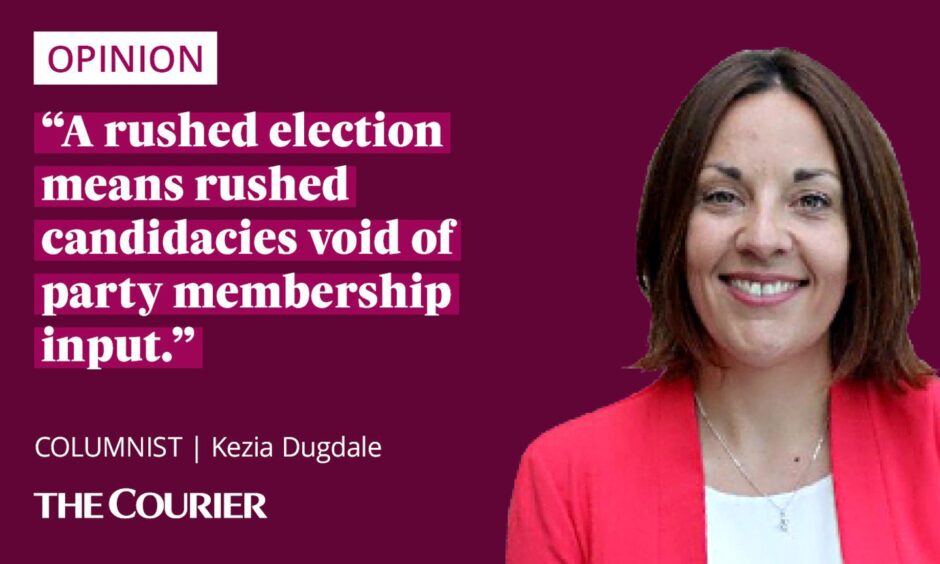
Minority government is back and the sequel to the 2007 edition sits in a very different context.
Alex Salmond lead a minority government against the thrill of a shock election result where the SNP won the largest number of seats by a margin of one seat and there was one seat where the SNP majority was a mere 45 votes.
The moral authority was the SNP’s and their boundless energy and optimism guided them through a period where they had to work every vote in every section of the parliamentary chamber. That’s what happened, including securing the votes of the Conservatives for their budget, an unthinkable proposition now.
Any suggestion that the same approach can be rinsed and repeated 17 years on is for the birds.
The independence referendum, Brexit, several UK General Elections in short succession, the birth of identity politics sat against a backdrop of a global rise in populism and populist leaders make for a parliamentary environment that’s febrile, short-tempered and fed up.
There is a route to the SNP passing some of its legislative agenda by securing the votes of the Greens in a deal reframed “very little confidence and some supply” but only some of the SNP MSPs mentioned as future leaders could deliver it.
The temptation is to focus on the next 24 hours followed by the next 28 days but I suspect the successful candidate will be planning much further ahead.
As much as Labour are demanding a Scottish Parliament election now with their vote of no confidence in the Government this week, I suspect they’d much rather have it in the aftermath of a UK General Election.
The Scottish Parliament elections were once every four years but have moved to five for some inexplicable reason. There was a need to move it a year so it didn’t clash with the UK election but the cycle never moved back.
Would it not make perfect sense for the next SNP leader to propose and seek Parliament’s approval to bring forward the next Scottish Parliament election?
A rushed election means rushed candidacies void of party membership input, it means haphazard policy making more likely to default to retail politics than what the country actually needs in the form of answers to the tough questions that climate change, demographic change and stalling economic growth poses.
Rushed Scottish election would be headache for all
Many of all parties best aspiring candidates are already selected for the General Election and therefore can’t credibly stand for the Scottish Parliament. It’s a gigantic headache for all the political parties.
That said there is a democratic case to be made that Scotland can’t be on to its second FM without the mandate of the Scottish people, the same argument mustered by the SNP with regards to the Prime Minister, who followed Liz Truss.
The new First Minster, whoever he or she may be, should make that commitment very early on. It would resolve many of the challenges they face, including indiscipline, opposition parties will sigh with relief and Scotland is far more likely to get the government it needs, deserves and crucially elects.
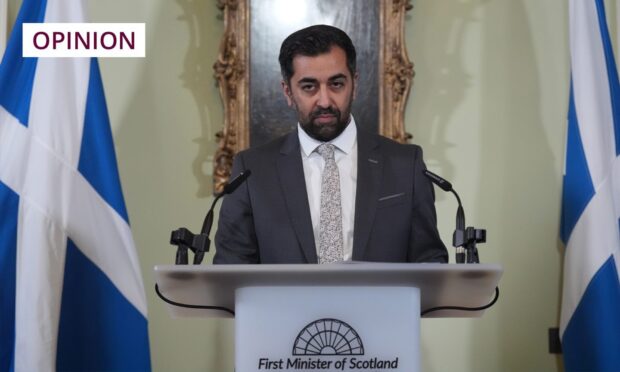
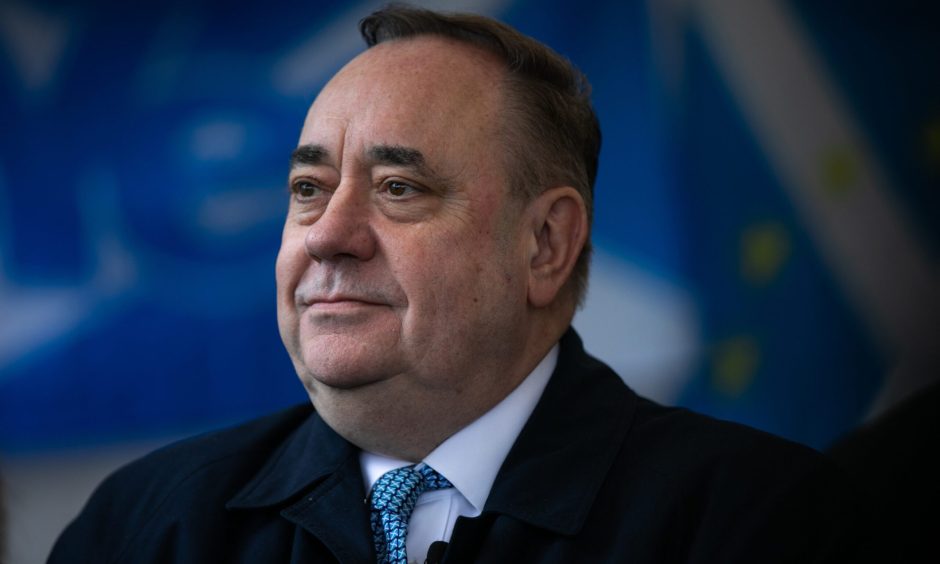
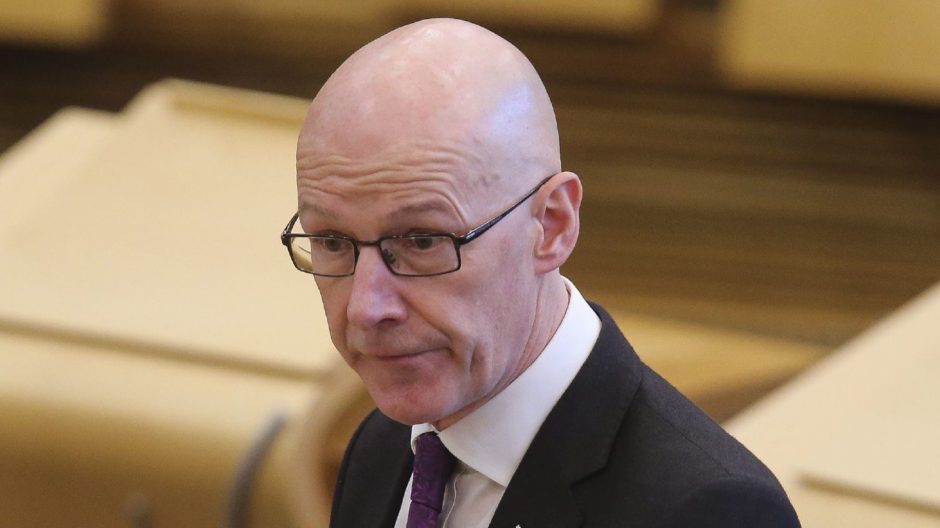

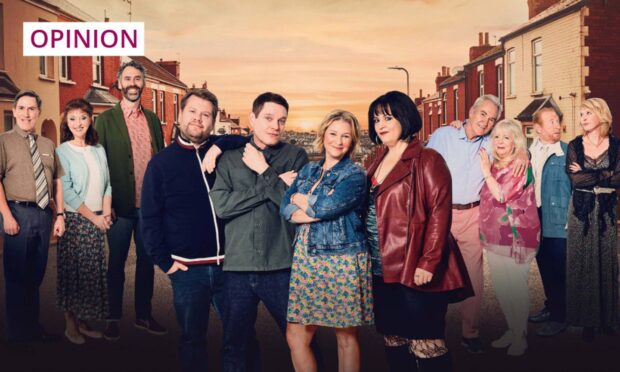
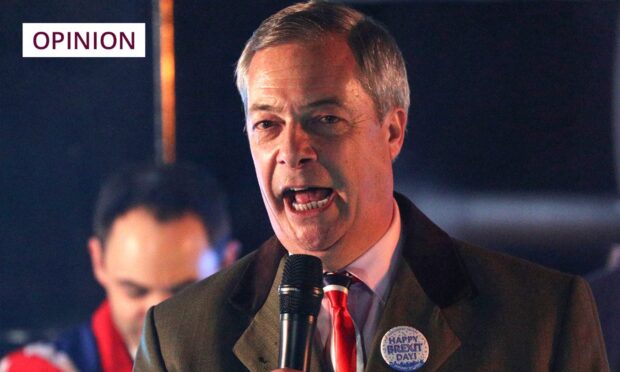
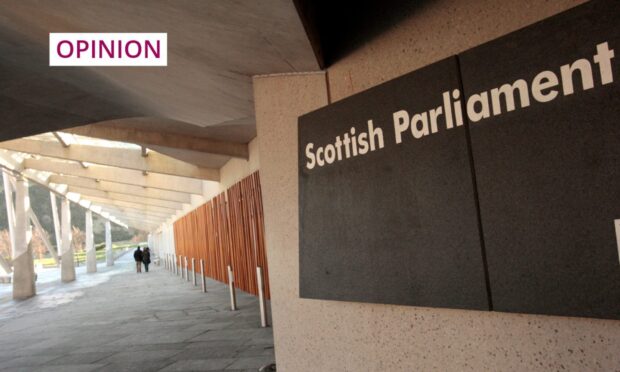





Conversation